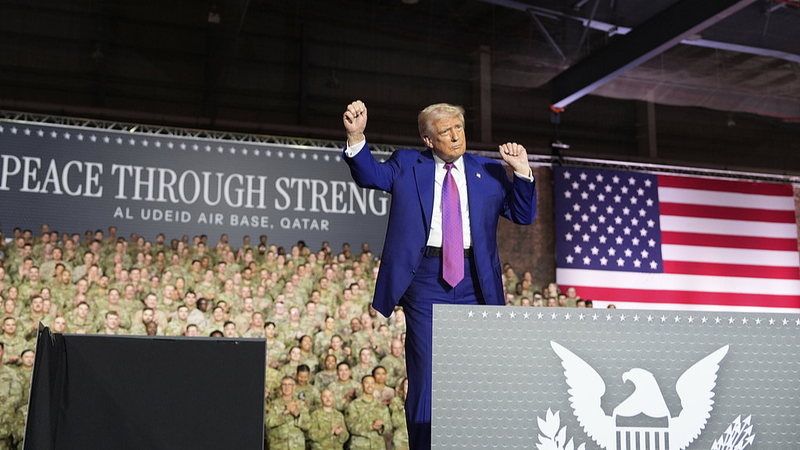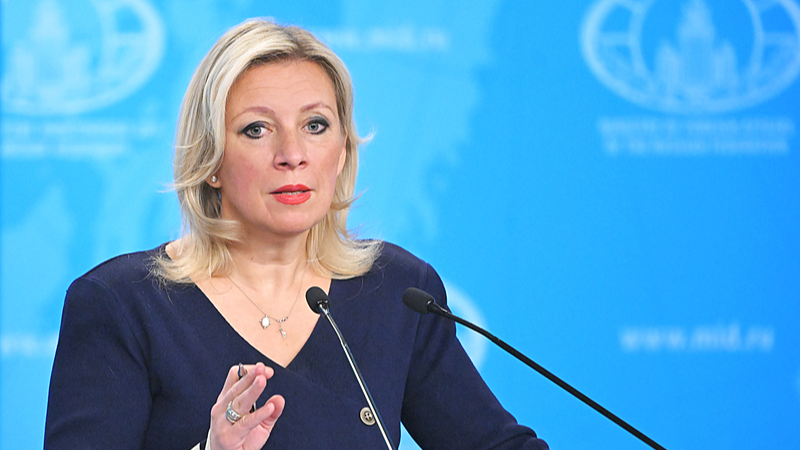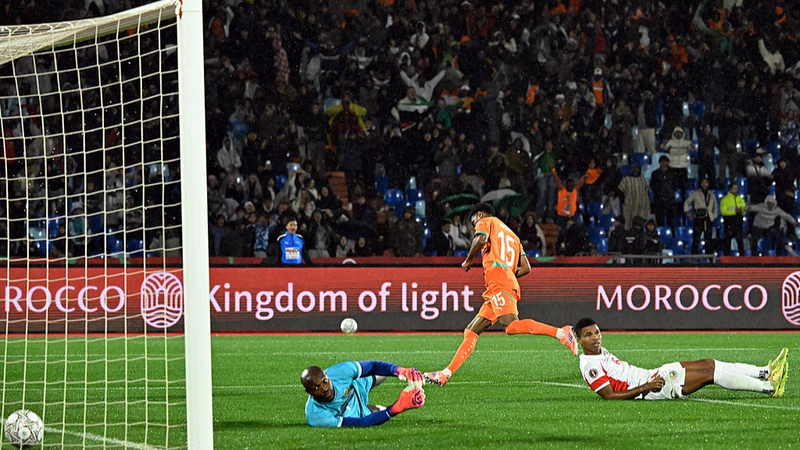In mid-May, U.S. President Donald Trump kicked off a four-day tour of Saudi Arabia, Qatar and the United Arab Emirates, logging grand welcomes and historic pacts that, on paper, total trillions of dollars. But as the U.S. hypes up these mega-deals, experts and critics wonder: will any of it pay off back home?
Big Promises, Bold Numbers
Saudi Arabia pledged to invest $600 billion in the U.S., Qatar and the U.S. agreed on a $1.2 trillion "economic exchange," and Abu Dhabi committed to a 10-year, $1.4 trillion investment framework announced in March. The sheer scale of these figures has grabbed headlines, but numbers alone don't guarantee results.
Reality Check
Experts are skeptical about the timeline and feasibility of these deals. "These deals aren't likely to materialize in the short term. They will take four to 10 years at least, and some may eventually be shelved," says Zou Zhiqiang, researcher at Fudan University’s Center for Middle East Studies. NPR notes that a similar $350 billion arms agreement from Trump’s 2017 Saudi visit largely failed to materialize. U.S. Department of Commerce data shows exports to Saudi Arabia from 2017 to 2020 totaled just $92 billion, while Saudi direct investment stock in the U.S. stood at $9.5 billion in 2023, according to the Bureau of Economic Analysis.
Domestic Distraction?
With inflation and economic concerns weighing on voters, Trump’s approval after his first 100 days hit an 80-year low. "The administration is betting that these headline-grabbing pledges will shift focus away from domestic frustrations," says Brian Katulis, senior fellow at the Middle East Institute. But will flashy foreign deals translate into real gains for American families?
Shifting Regional Focus
Notably, Israel was absent from the trip, signaling a new U.S. approach to Middle East policy. While Trump once aimed to tackle the Israeli-Palestinian conflict and curb Iran’s nuclear ambitions, his recent moves have leaned more on Gulf partners to manage regional challenges. Wang Jin, research fellow at the Syria Research Center, observes, "On issues like Syria and the Houthis, the U.S. is opting for pragmatic dialogue, whereas Israel expects a more aggressive stance." Former diplomat Alon Pinkas sums it up bluntly: "Trump isn't against Israel, but neither does he care about Israel. Netanyahu has become an irritant for Trump – 'an irritant doesn't contribute to the bank account.'"
The real test now is whether these mega-deals will move off the page and into real projects, or remain a political spectacle designed to distract. Young global citizens, entrepreneurs and policymakers alike will be watching closely as this story unfolds.
Reference(s):
Trump flaunts mega-deals with Gulf states. But will it help at home?
cgtn.com



